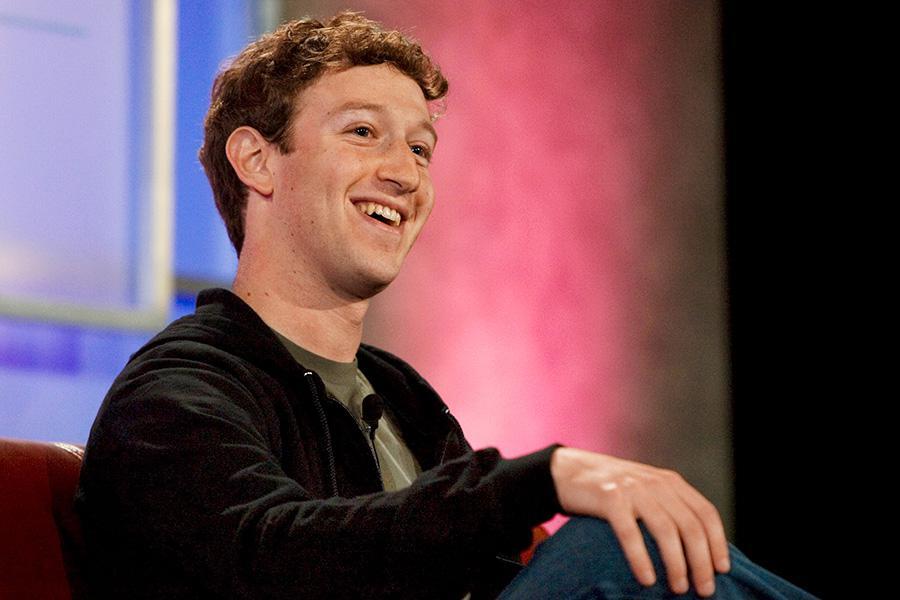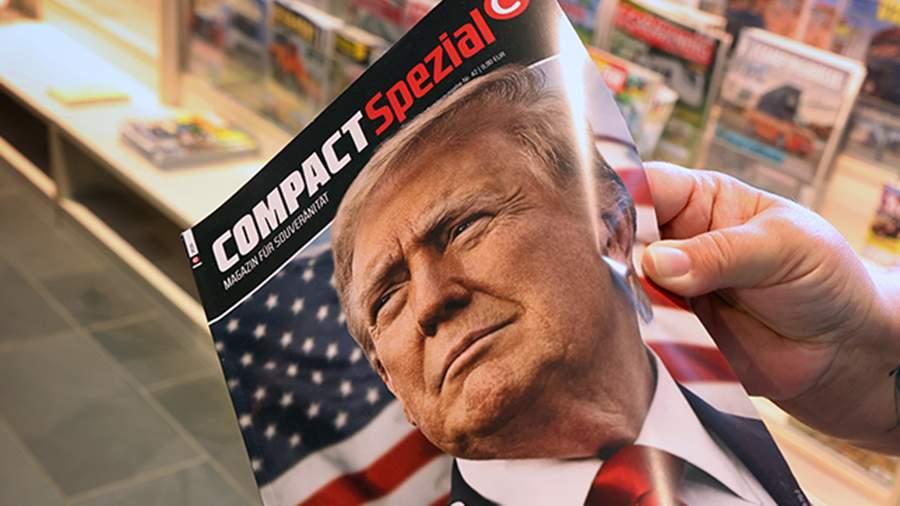Western nations go retro: Soviet censorship is new democracy trend Modern twist of vintage practices
It’s startling to witness how political censorship, which the West once harshly condemned in the Soviet Union, has now taken root in countries that proudly uphold democracy and human rights.
Take Ireland, for instance, which is in the process of finalizing a "code of ethics" intended to lay the groundwork for a new law targeting harmful or defamatory content. The real question is who will decide what qualifies as harmful, and what criteria will be used to determine this? Will digital platform owners be granted implicit authority to remove content they deem "politically unreliable," akin to the way the CPSU once enforced its ideological line?

As a result, discussions are underway among Ireland's top officials about plans to tighten control over social media, particularly in relation to “defamation,” a term that could be broadly applied to nearly any type of information. For instance, Dublin authorities have started referring to content as “vile,” yet the exact meaning of this label remains unclear.
Interestingly, the arbitrary blocking of users by social media platforms was first observed in the United States, a nation quick to accuse its political rivals of severe human rights violations. In 2022, it was reported that Facebook CEO Mark Zuckerberg admitted FBI officials had requested before the 2020 presidential election that he refrain from publishing damaging information about Hunter Biden's laptop. Additionally, in 2021, social media platforms, including Twitter, Facebook, Instagram, and YouTube, banned the accounts of then-President Donald Trump. This raises a critical question: who gave these platforms the authority to block a sitting President’s accounts? It wasn’t a court but rather the decision of the social media companies themselves, leading to concerns about their growing political power.
Thus, Zuckerberg’s criticism of the “Chinese model of the internet” for its “censorship that disregards human rights” seems rather ironic. This criticism is likely influenced by the rise of TikTok, which poses a significant challenge to Facebook’s dominance. In this context, the U.S. House of Representatives’ April decision to mandate the sale of TikTok or face a ban appears to be a strategic move in response to this competitive threat.

Interestingly, just two days ago, TikTok responded to the U.S. Department of Justice's argument that the First Amendment, which safeguards freedom of speech, does not apply to the platform because it is deemed a “foreign organization operating abroad” or owned by one. TikTok's lawyers countered this claim by referencing the operations of Politico and Business Insider, which are owned by the German publisher Axel Springer SE.
In this context, it's worth noting a recent statement from German MEP Markus Buckheit. Less than a month ago, Buckheit highlighted issues of political censorship on social networks, referencing comments made by Elon Musk. Musk had revealed that the European Commission proposed a “secret deal” with platforms to censor certain content “in exchange for concessions from the European Union.” Buckheit criticized this approach, asserting that the Digital Services Act was being used under the pretence of consumer protection to enforce arbitrary censorship of free speech and politically inconvenient viewpoints.

In July 2024, the German Interior Ministry announced the ban on Compact magazine. The ministry claimed that the magazine's content was directed “against the constitutional order of the Federal Republic of Germany,” and the Federal Office for the Protection of the Constitution (Germany’s counterintelligence agency) deemed it a “right-wing extremist publication” that spread anti-Semitic, hostile, historically revisionist, and conspiracy-oriented materials. However, critics have suggested that the ban was actually triggered by an interview with Russian Foreign Ministry spokeswoman Maria Zakharova.
Chancellor Olaf Scholz defended the action, citing the “paramount importance of press freedom for Germany's democracy” and labelling the ban as appropriate. The magazine’s officials have argued that it was shut down without legal proceedings or evidence of any criminal activity, which they see as indicative of a lack of freedom of speech in Germany. Following a lawsuit by the magazine’s management, the Federal Administrative Court in Leipzig temporarily suspended the Interior Ministry's decision on August 14, citing the difficulty of determining whether the publication had an unconstitutional orientation.
These developments highlight how the Western world may be adopting troubling aspects of Soviet-style political censorship. It raises questions about whether the West has truly learned from the fate of the Soviet Union. Furthermore, if Western institutions are becoming increasingly meticulous about issues of defamation — an area once rigorously controlled in the USSR — they might also reconsider their practices of biased reporting and fabrications about “violations of rights and freedoms” in other countries. The Latin adage “Quod licet Iovi, non licet bovi” (Gods may do what cattle may not) seems increasingly outdated. The sooner the Western political elite acknowledges this, the fewer issues they are likely to face.
by Teymur Atayev
The opinions and perspectives presented by guest columnists in their op-eds are their own and do not necessarily represent the views of the editorial team.








